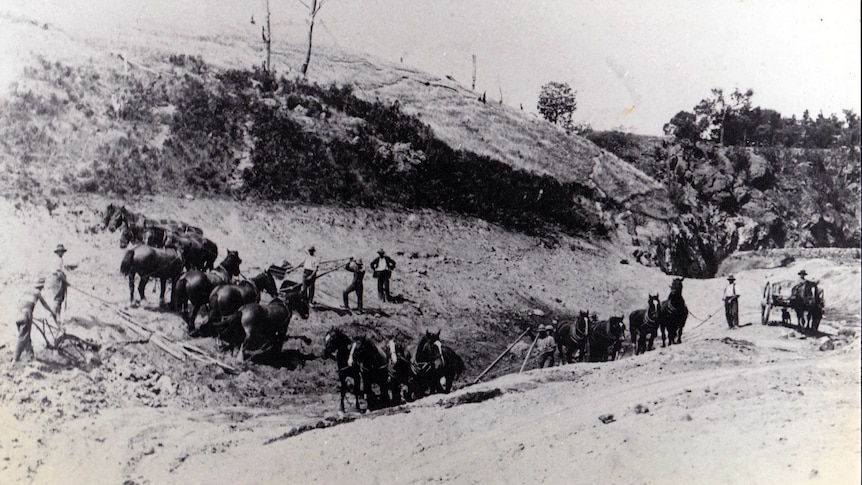Copyright newsday

THE EDITOR: Based on what I have been observing and from direct feedback, I have concluded that there is a growing misconception that raising the National Insurance Scheme (NIS) pensionable age to 65 automatically means the national retirement age has also increased to 65. That is not so – and the distinction is crucial. The pensionable age determines when someone qualifies for NIS retirement benefits. The retirement age, however, is set by law, regulation, or collective agreement. At present, most public servants, employees of statutory authorities, state enterprises such as WASA, TSTT, and NP – and even many private-sector workers – retire at 60 as stipulated in their contracts or agreements. Unless those laws and agreements are amended, the retirement age remains 60 even if the NIS pensionable age rises to 65. This could leave thousands in an unfortunate position: retired at 60 but unable to access NIS benefits for another five years. Many would have no income unless they possess private pensions or savings. Indeed, even those with private pensions may need the supplemental income from their NIS pension to maintain a reasonably comfortable lifestyle. The government must therefore act on two fronts. It should review and amend public-service legislation and facilitate renegotiation of collective agreements across both public and private sectors to align retirement with the new pensionable age. Transitional measures – such as phased increases, in line with those announced for NIS – are also essential to protect those nearing retirement. Announcing a higher pensionable age without clarifying its effect on existing retirement rules only creates confusion and anxiety. Reforming the NIS is necessary to ensure its long-term sustainability, but it must be done alongside labour and legislative reform. Otherwise, many citizens could find themselves retired – but without a pension to live on. CLAUDE A JOB



